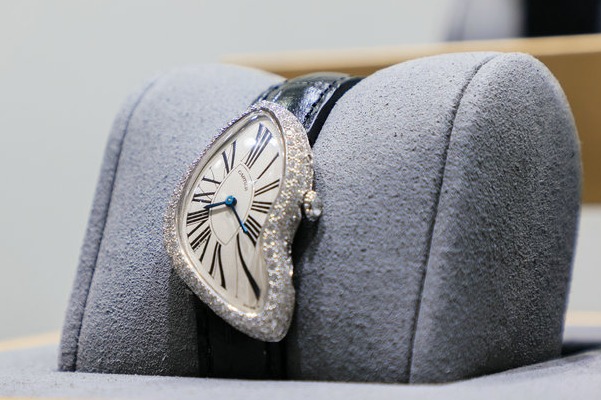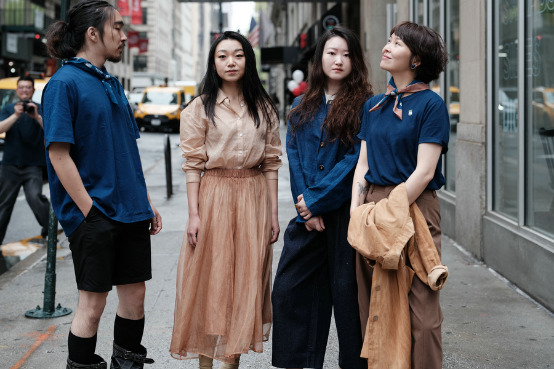'Love report' on China's post-95s generation released for Qixi

Chinese mobile dating app Tantan released a "love report" about the post-95s generation on Aug 7, Qixi Festival – China's own Valentine's Day. It's based on over 18,100 respondents to a questionnaire, covering those who were born between 1970 and 1995.
Over 72 percent of the post-95s generation in the survey say they are willing to spend about 24,000 yuan ($3,407) on their boyfriend or girlfriend a year. Those from Beijing, Shanghai, Heilongjiang, Hainan and Chongqing say they would spend the most. Compared to other generations, more of them think lovers should split the bill or take turns paying on dates.
While 81.6 percent of all surveyed females think owning a house is necessary for marriage, only 44.8 percent of males hold the same view. Compared with post-1970s and post-1980s, a higher percent of the post-95s generation believes they should possess their own house if they want to get married.
In the mobile internet era, over 66.2 percent of the surveyed post-95 generation thinks online dating is more effective than blind dating in real life. For those from Guangxi Zhuang autonomous region, Guangdong and Jilin province, more than 70 percent hold such an opinion.
Those with a higher education and income are more likely to accept a woman dating a younger man — such view is opposite to traditional Chinese values. Among the surveyed post-95 generation, 90 percent of males say they would date an older female.
Over 80 percent of the surveyed post-95 generation hopes they can get married before the age of 30. While they believe the ideal marriageable age is around 26 or 27, those who were born in the 1970s and '80s think the ideal age is around 32 and 31 respectively.



































